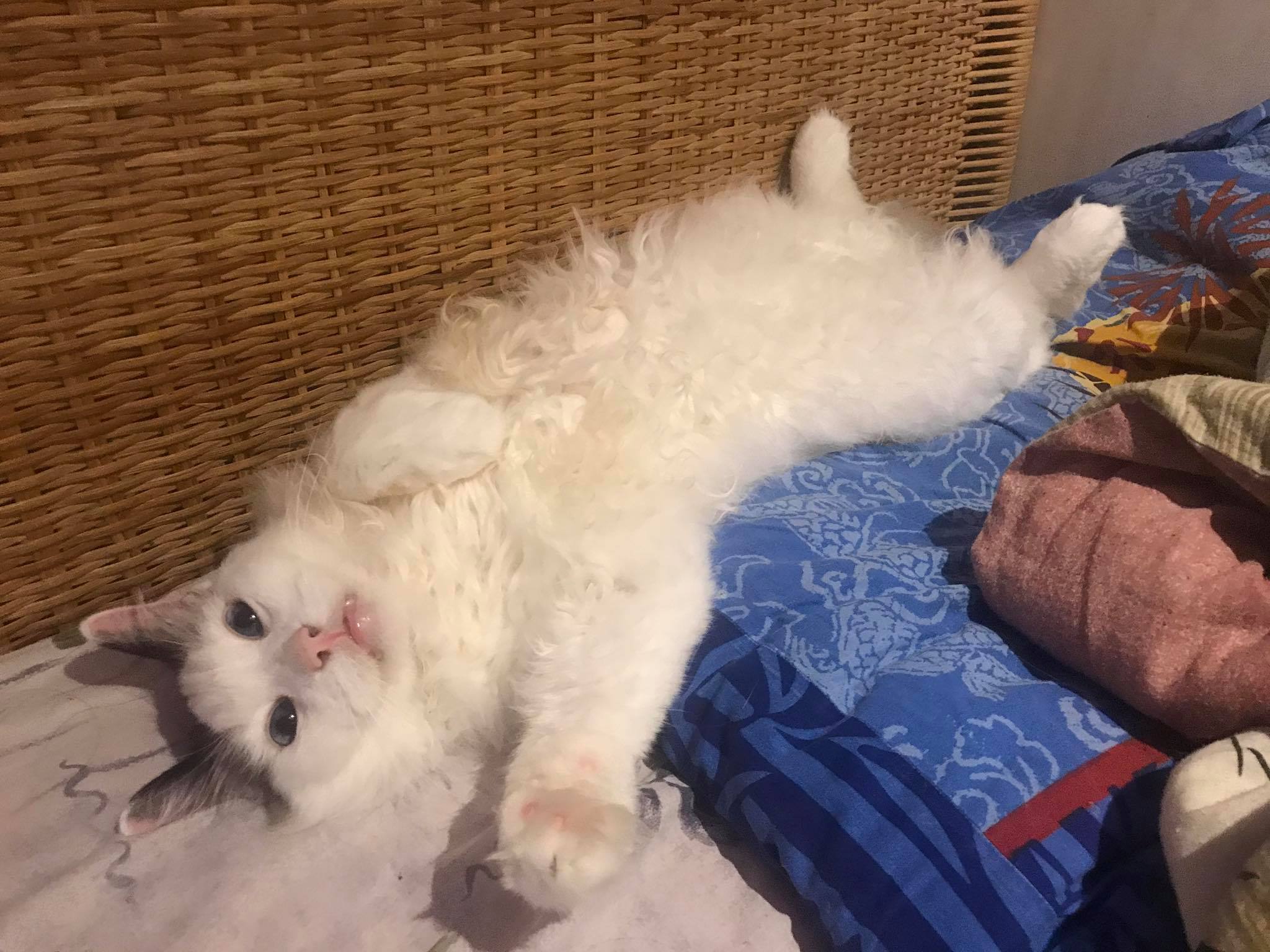
With a lot more research being done into how we look after our beloved cats and dogs, it is becoming more apparent that a lot of the very common ways we take care of our pets is maybe not the best course of action for their health.
By looking at the biological history of the feline family, we can see that cats have consistently sustained themselves on a diet of mostly meat, due to the high amount of protein that they need to consume.
If you’re wondering whether it’s a good idea to feed your cat mostly meat and other protein-based products, then keep reading to find out more about the carnivorous traits of cats and how we should cater to these needs.
Table of Contents
Should Cats Eat Non-Meat or Meat only?
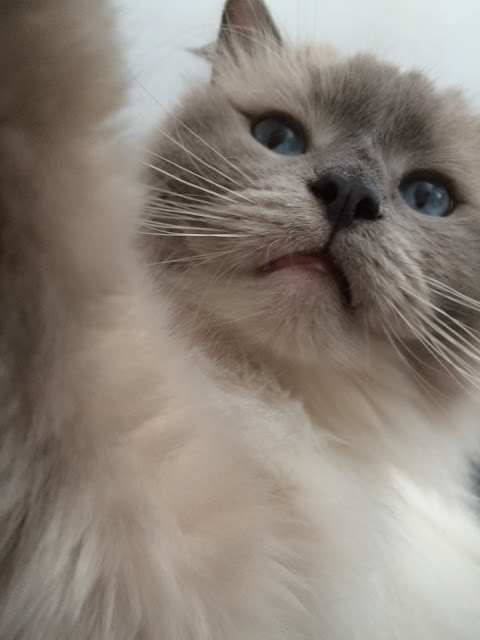
The dietary requirements for cats have been studied for quite a while and there seems to be an overwhelming amount of research that supports the notion that cats really should predominantly eat meat.
However, the majority of supermarket cat foods use a variety of affordable and mass-produced vegetable starches, which do not have a very high amount of protein content. While our feline friends may have adapted to eating this way, this does in fact go against the ‘obligate’ carnivores tendencies of cats.
In simple terms, this means that cats should really be eating meat primarily. This doesn’t mean that they can’t eat some veggie cat food, but it doesn’t really provide them with much nutritional benefit.
Are Cats Carnivores?
In essence, they are seen by vets and scientists as true carnivores.
This is because they get all their nutritional needs from the consumption of animal products and are not dependent on nutrients that are exclusively stored in vegetables or other carbohydrates. Yes, cats are obligate carnivores, and they can’t digest plants.
What are Cats Supposed to Eat to Stay Healthy?
From birth, kittens are undergoing major growth spurts that happen much quicker in feline animals than in other common household pets. They sleep well off for 16hours a day, maybe beside you or under the bed, and eat with their biggest appetite then sleep again.
Considering that protein is one of the key nutrients that kittens need to become fully grown cats, it’s important that they get the right amount and the right type of food.
With most supermarket brands of cat food not really catering to the needs of kittens and senior cats optimally, raw cat food brands such as Bella & Duke are taking it upon themselves to make sure that there is an option out there for pet owners that are tired of nutritionally poor food for their cats.
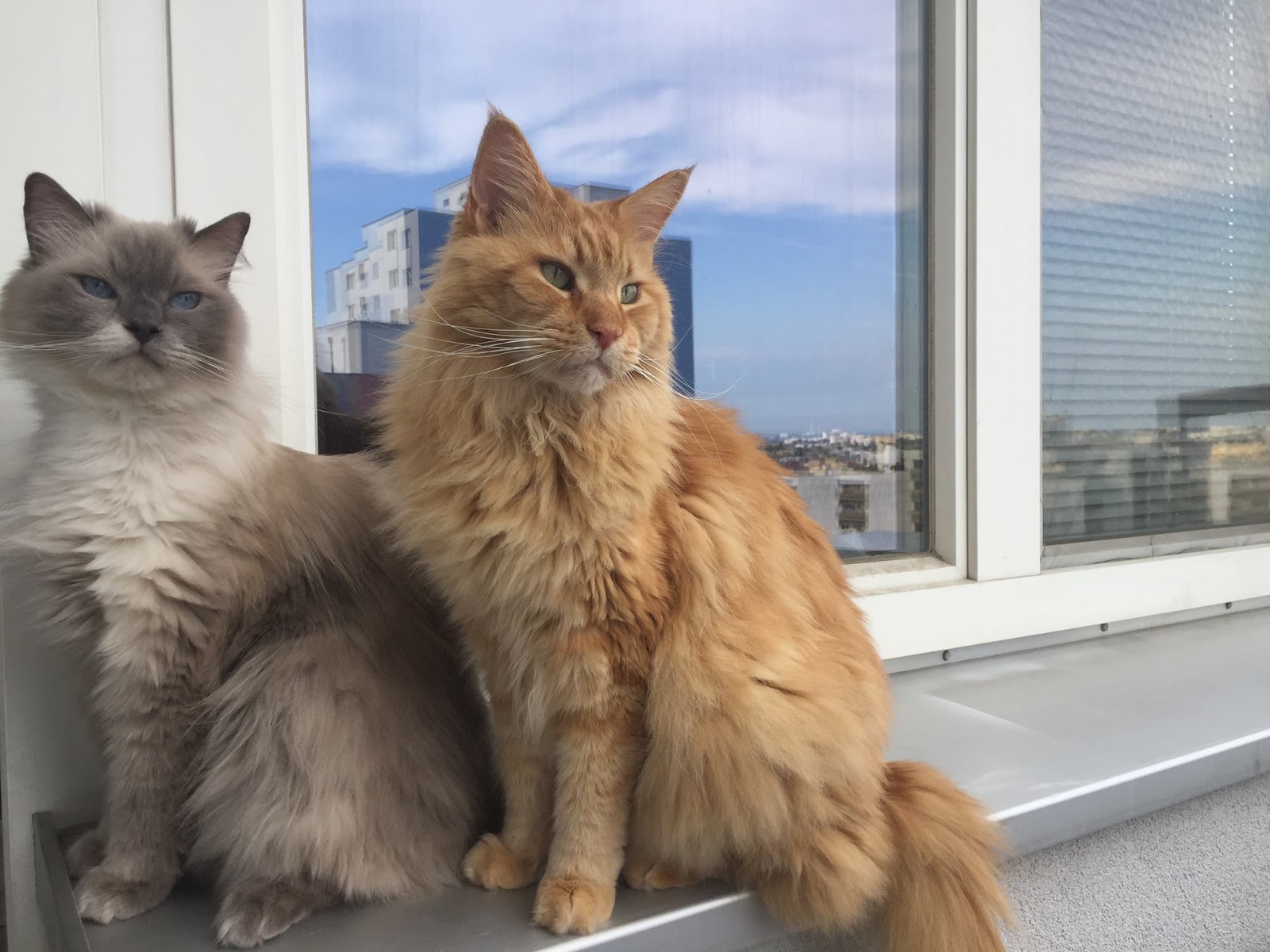
What are the Benefits of this Type of Food for Cats?
Raw cat food is endlessly beneficial for cats and is not limited to solely aiding growth processes.
The purity of the ingredients in the raw cat food is better and more nutritious than budget, supermarket alternatives and also, do not contain the same unnecessary additives that regular cat food does. This can be much easier on the gut for cats and in turn, can contribute to better gut health overall.
Increased gut health can mean a change in behaviour completely for most cats. Sustained consumption of the wrong dietary components for cats can lead to them building intolerances to food. As a result, these intolerances can cause agitation, misbehaviour and can even lead to much more severe digestive issues.
Cats True Carnivores in the Real Sense
Cats are obligate carnivores, which means they cannot obtain all the nutrients that they need to be from the plant kingdom and bacteria. Moreover, obligate carnivores lack the enzyme needed to split carotene, obtained from plants, into vitamin A. And as they also can’t digest plants, it doesn’t give them any nutritional value.
We do want the best for our cats, and while there may be pros and cons on any type of food we choose for our cats, we eventually will choose what benefits them the best.
Of course, before switching to raw cat food, you should always consult your preferred local veterinary practice. Animal health professionals will be able to confirm whether you should make the switch to raw cat food all at once, or whether you should consider a phased approach.
|
|
|

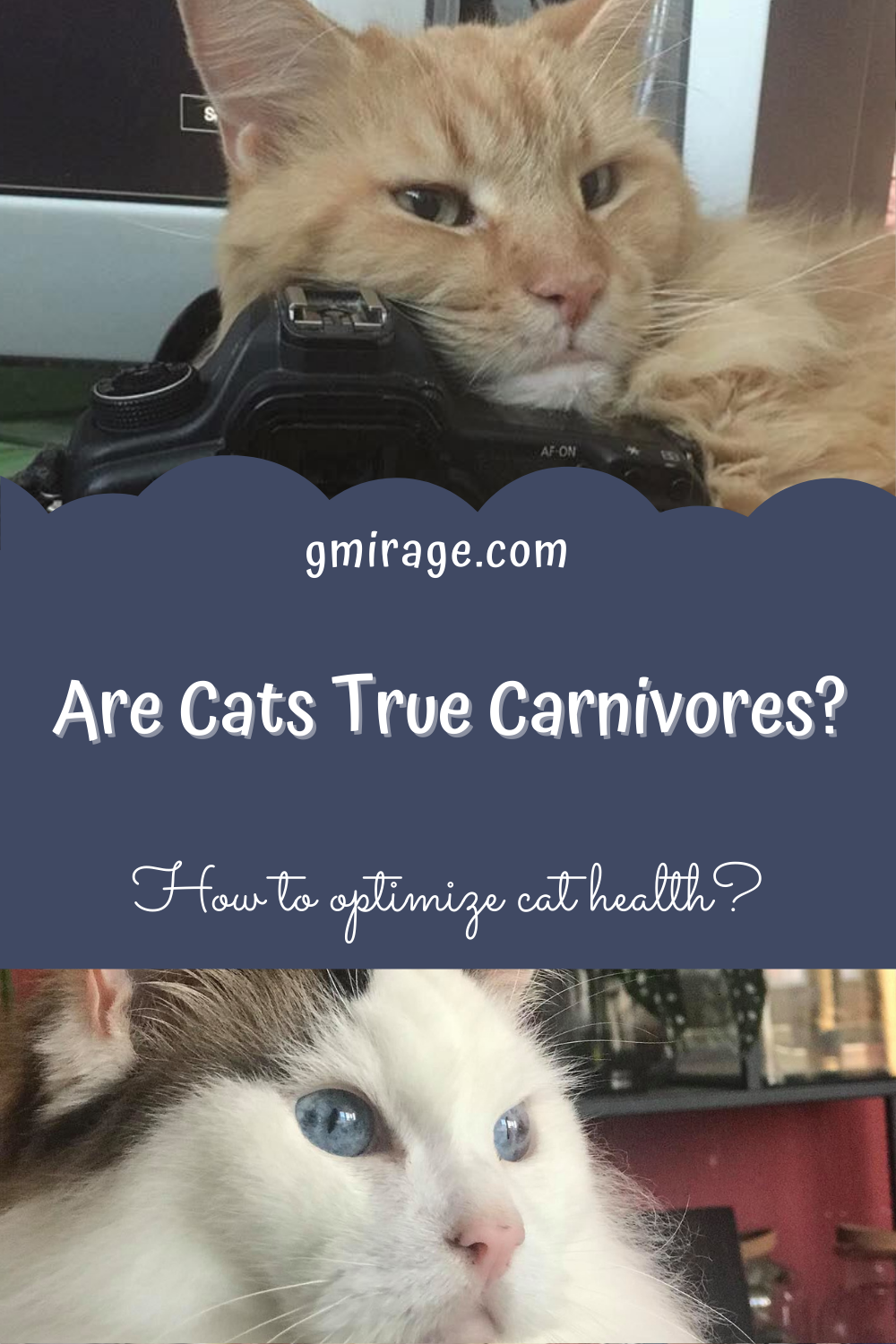
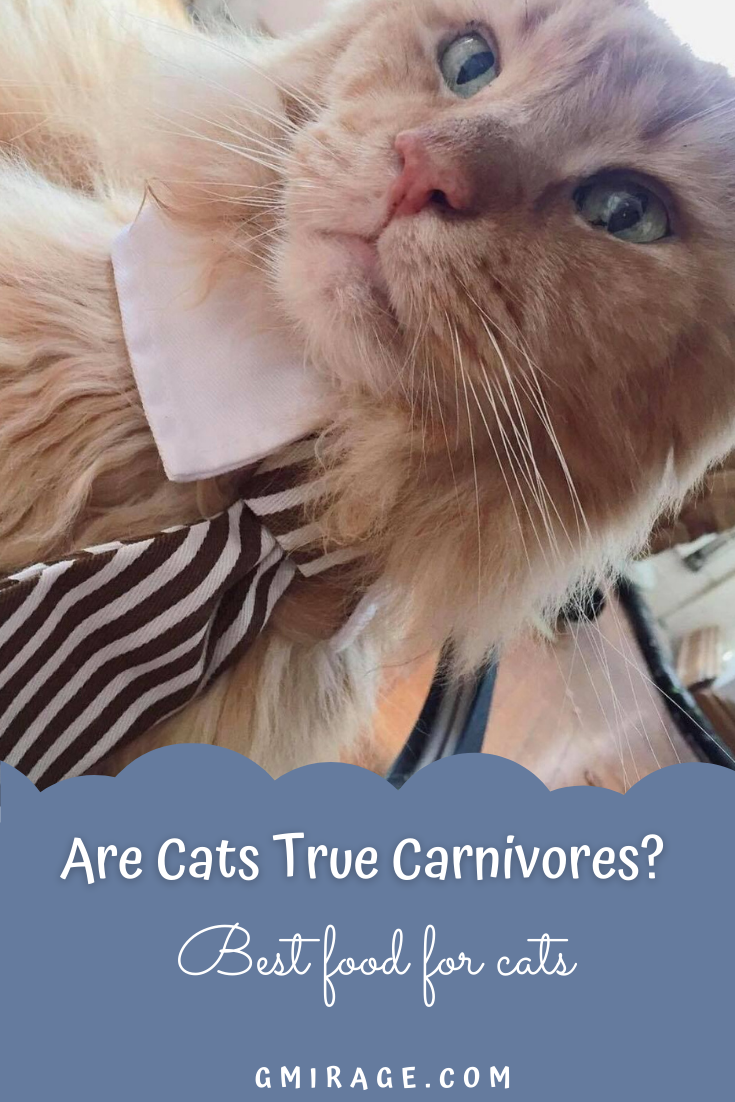


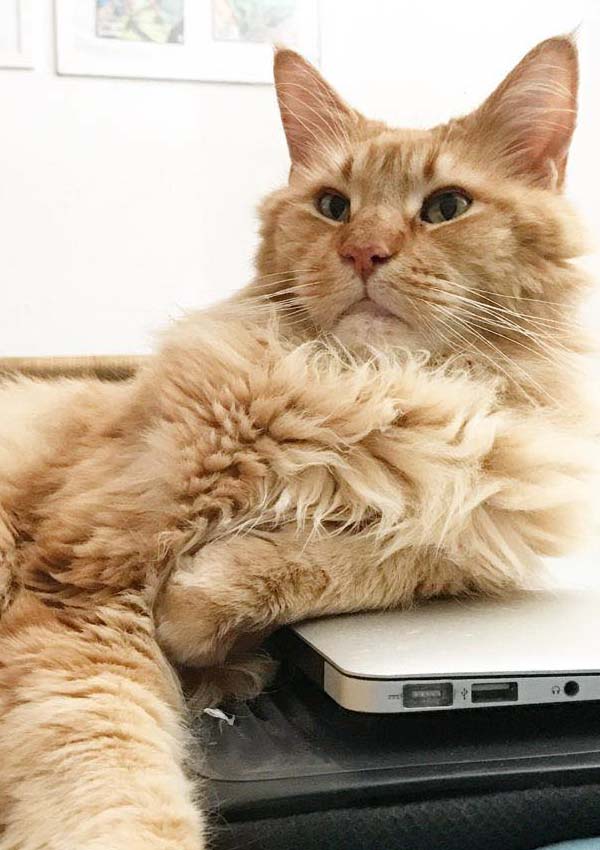
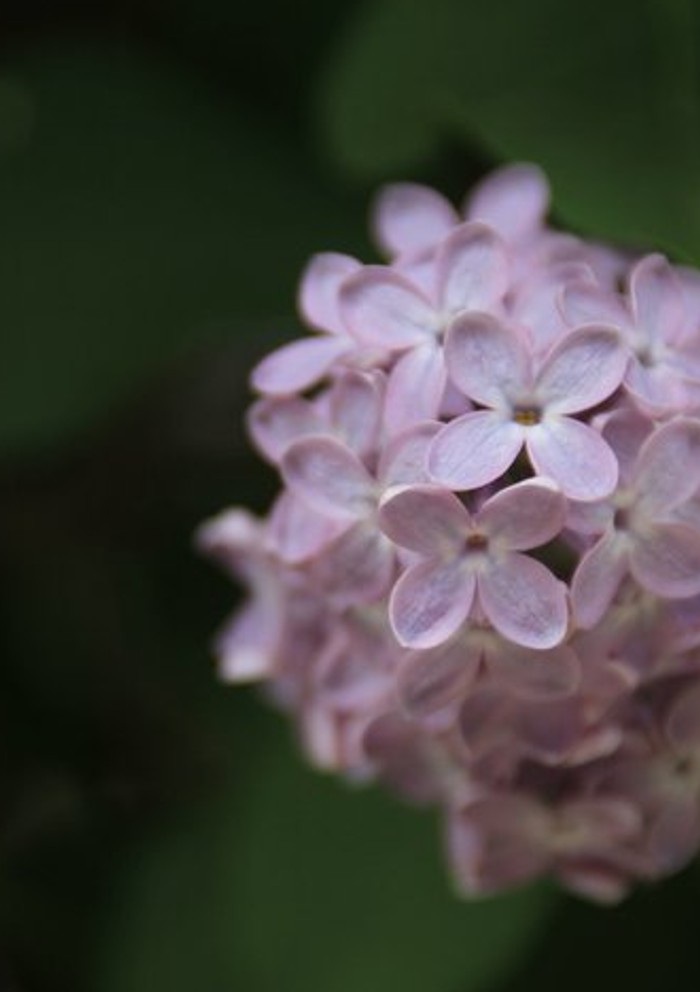

My cat loves her cat meat and treats but she does also like chickpeas. My friend’s cat loves sweetcorn.
You may not believe it but our adopted stray cat loves spaghetti and noodles.
It is good to know about what is best in a cat’s diet. Thanks for sharing this! We have a cat with digestive issues and it is nice to have a better understanding of pet health.
I too thought that cats are carnivores. I learned some thing from this blog post.
well this was an interesting read. our cat has cat biscuits and fish meat most of the time and she loves it.